"Golden Years of Tea": Real life is more exciting than drama, I will show you the real tea tiger, Wengui and barley in reality
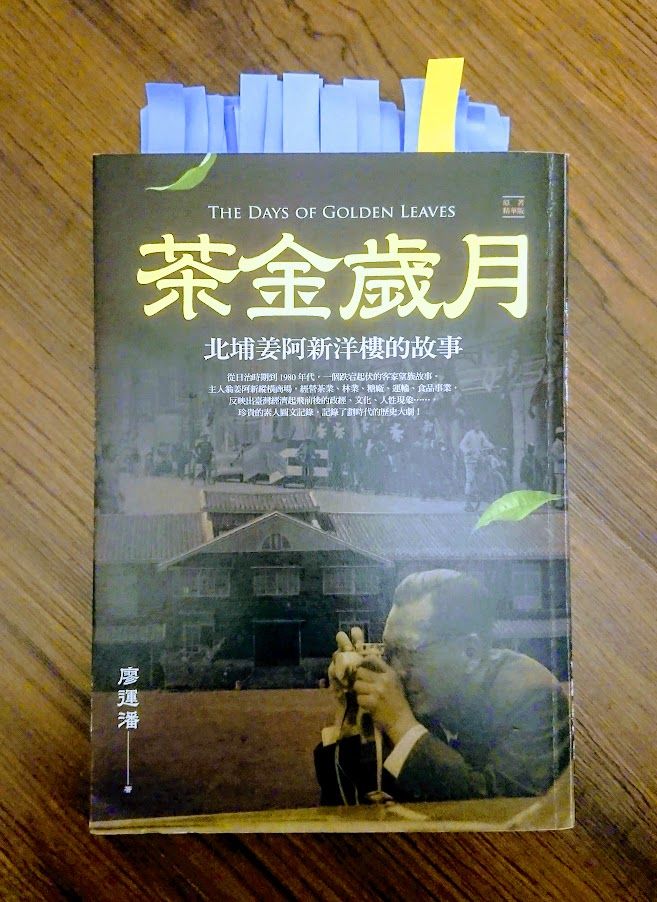
Have you seen "Tea Gold" , which is known as the most beautiful Taiwanese drama? This "Golden Years of Tea" is an autobiographical memoir written by Liao Yunpan, the protagonist of the play. "Tea Gold" is based on the content of this book. The book tells the story of how he became attached to the Chahu family, joined the family, took over the management of his father-in-law's shaky tea business, and finally had no choice but to go bankrupt and rise up again.
Although it is a personal autobiography, the content can be said to be a microcosm of the development of local industries before and after World War II. After reading this book, it is like reading an era. Those characters and stories, in front of his eyes, are very beautiful.
For this experience, I think from the perspective of the three characters in the play, I will show you how Chahu, Wengui and Yixin in the real world have gone through that treacherous era.
【Real Tea Tiger】
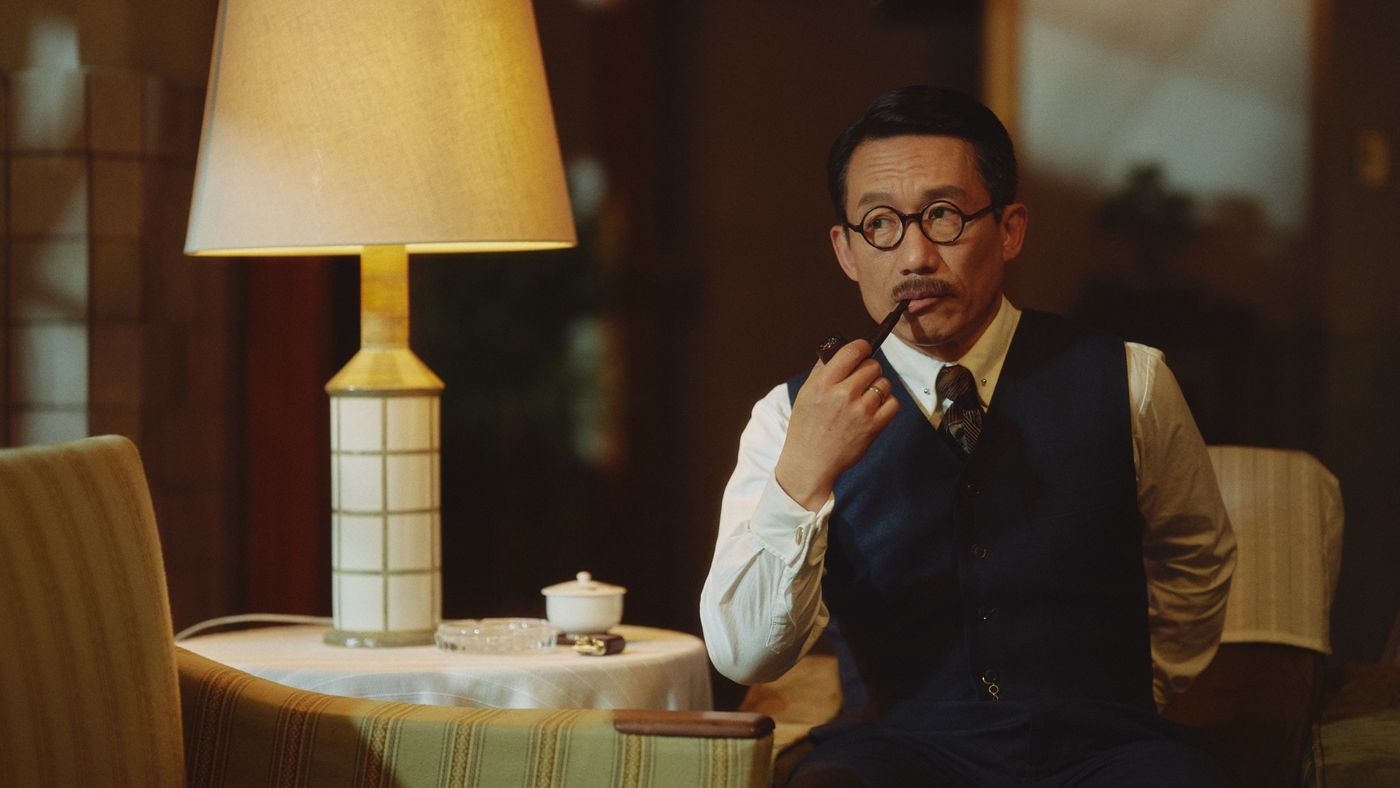
Zhang Fuji, played by Guo Ziqian in the play, whose prototype Jiang Axin is a real tea tiger in reality. Taking advantage of the chaos after the war and the abandonment of Nanyang tea gardens, Yi Gao boldly entered the tea industry. The establishment of Yongguang Company in Beipu, Hsinchu, created the "Jiang Axin whirlwind" in the tea industry and won the reputation of "Tea Tiger". .
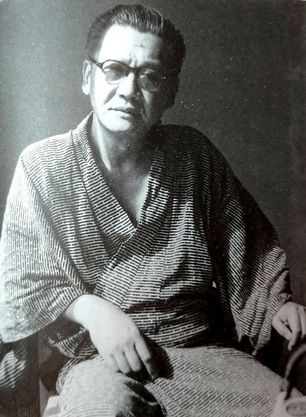
Like in the play, he read Wengui early on, that is, Liao Yunpan, the author of this book. When Liao Yunpan was still a student at National Taiwan University, Jiang Axin once borrowed a wedding toast to convey his intention to marry his daughter Lizhi, the barley in the play. The businessman's sense of smell is indeed accurate.
Jiang Axin's splendid enthusiasm for tea can be said to be the same as in the play.
As a tea entrepreneur, my father-in-law attaches great importance to the quality of tea, and his dedication in this respect is almost close to the realm of the temperament of a tea master.
However, such enthusiasm kept him in stubbornness. Even though Liao Yunpan told him that Taiwan's tea industry had no prospects, he still refused to let go. At the same time, his daring qualities also made him despise risks and used to borrow money to obtain the required funds. In the play, the image of borrowing money without being soft can be said to be restored by God.
Such borrowing, ignoring usury, allowed him to win business opportunities in the smooth tea gold era and win the reputation of the tea tiger; however, when the international tea industry recovered and Taiwan tea gradually lost its competitiveness, it became a crushing business. burden. In the end of the play, going bankrupt and selling foreign-style buildings are all real.
But even so, I still like the Jiang Ah Xin described in the book. A successful entrepreneur like him has a very soft heart. Often out of sympathy for the tea farmers, he could not help asking the tea master to raise the purchase price. At the peak of his career, he went to run the unprofitable sugar industry, just to bring some job opportunities to the locality.
In addition, what I admire more is that he has to be able to lift it up and put it down. After confirming that Yongguang was bankrupt, he still comforted everyone that although his ancestral property was in vain, he should not be discouraged.
【Real Wengui】
Wen Gui, played by 40, is full of drama in the play. From a Weiruo college student to the general manager of a firm, the contrast is quite eye-catching. Emotionally, he is sincere to the barley, and is in love to the point of being close to a terrifying lover. What about the real him?

Since it is said that the author of this book, Liao Yunpan, is the prototype of Wengui, everyone should know that the Xingui faction has won. In reality, however, their love affair was actually quite smooth. Although it was Cha Hu who fell in love with Liao Yunpan early on, he and the daughter of the Cha family basically fell in love with each other freely, and they were happy with each other.
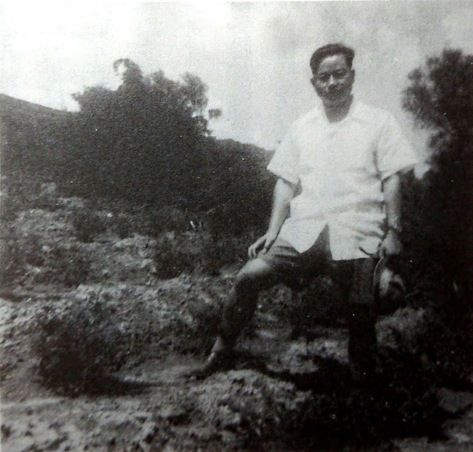
The passages in the book describing the romance are quite lovely. For example, Liao Yunpan, a college student, was asked by Lizhi if the author of "Crime and Punishment" was Tolstoy, but he had not even heard the title of the book. In embarrassment, despite the heavy workload, he immediately went to the library to "make up lessons". In the next year and a half, even Tolstoy, Dostoyevsky and Hugo were almost finished. To a certain extent, this is very similar to Wengui, who is devoted to love.
However, unlike the drama in which Guiwei and Yi Xin were together and regarded as nothing, Liao Yunpan actually experienced a struggle at first, worried that the social perception would embarrass his parents. Fortunately, Jiang Axin sincerely said that as long as the first child bears the surname Jiang and asks for nothing else, the beautiful couple will finally be married.
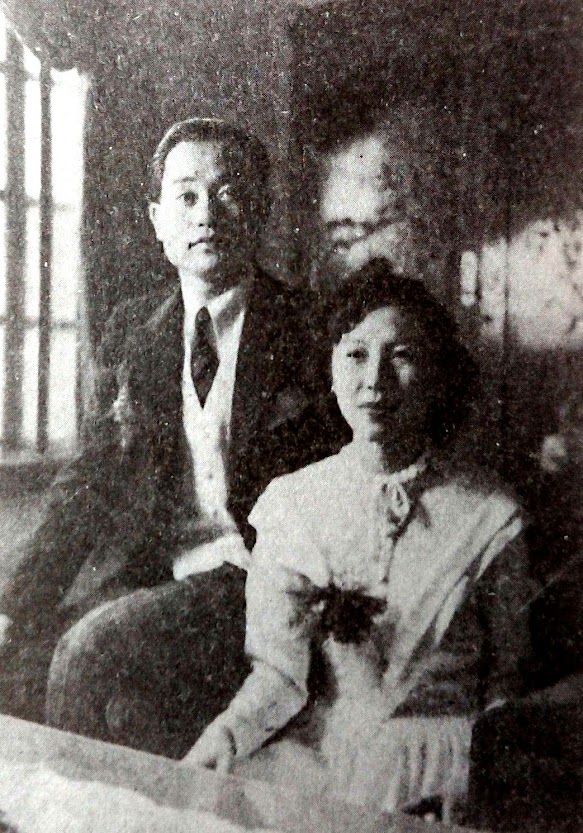
Soon after the marriage, he resigned from his job at the Taiwan Bank at the request of Jiang Axin and came to Xinpu to take up the important task of running a tea factory. In the play, the roles of tea tiger, barley and Wengui, etc., can be said to be carried by Liao Yunpan in the real world.
It was said above that Tea Tiger was not soft on borrowing money. It was only after Liao Yunpan came back that he knew that Yongguang had owed a huge debt of 2.5 million yuan (about 2 billion yuan now), which was a pit at all.
In order to save Yongguang, he tried his best. In the play, the development of the green tea market and the development of dried vegetables are all true, and the mind can be said to be quite flexible. Although Jiang Axin was not interested in these new actions, he did not object as much as in the play. In addition, he also took care of his father-in-law's afforestation business and developed a new source of gold, which is probably the lesser part of the play.
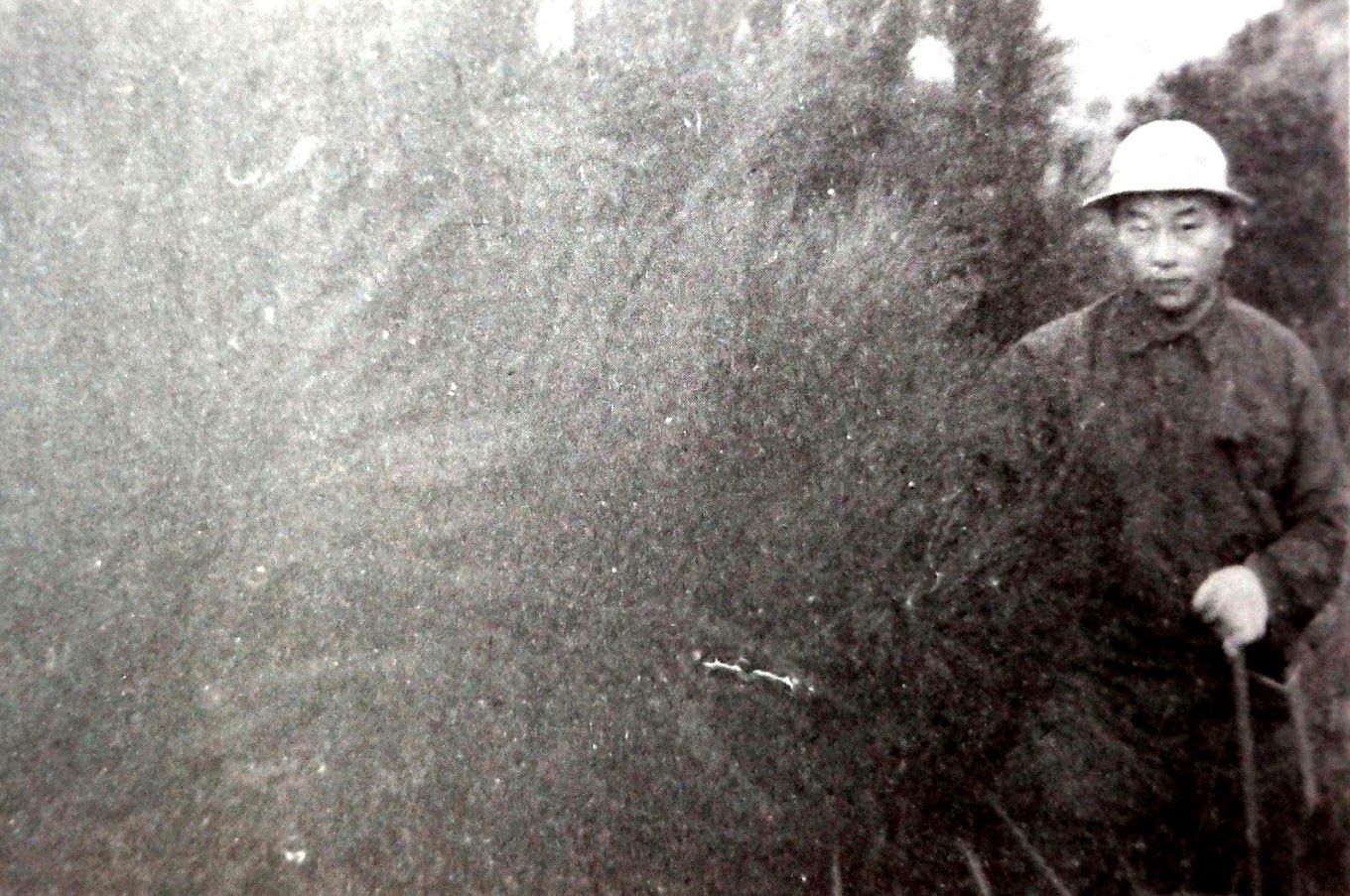
In addition to flexibly finding a way out for Yongguang, he also pragmatically cut costs. In the play, the handsome barley's behavior of reducing the price to buy Chajing came from his hands. After a two-pronged approach of increasing income and reducing expenditure, the debt was finally paid off.
Unfortunately, Taiwan's tea industry has long since disappeared. After more than ten years of his painstaking support, it is still difficult to reverse the decline. The righteousness of Ji Sang in the play is out of production, but in reality, Liao Yunpan is responsible for it again.
He said that this action was derived from a proverb: 立つbird trails turbidity さず (birds that take off on the surface of the water, do not stir up the turbid stream), which means that when a person leaves his position, he must take care of the aftermath. It is not easy to protect yourself and still care about others.
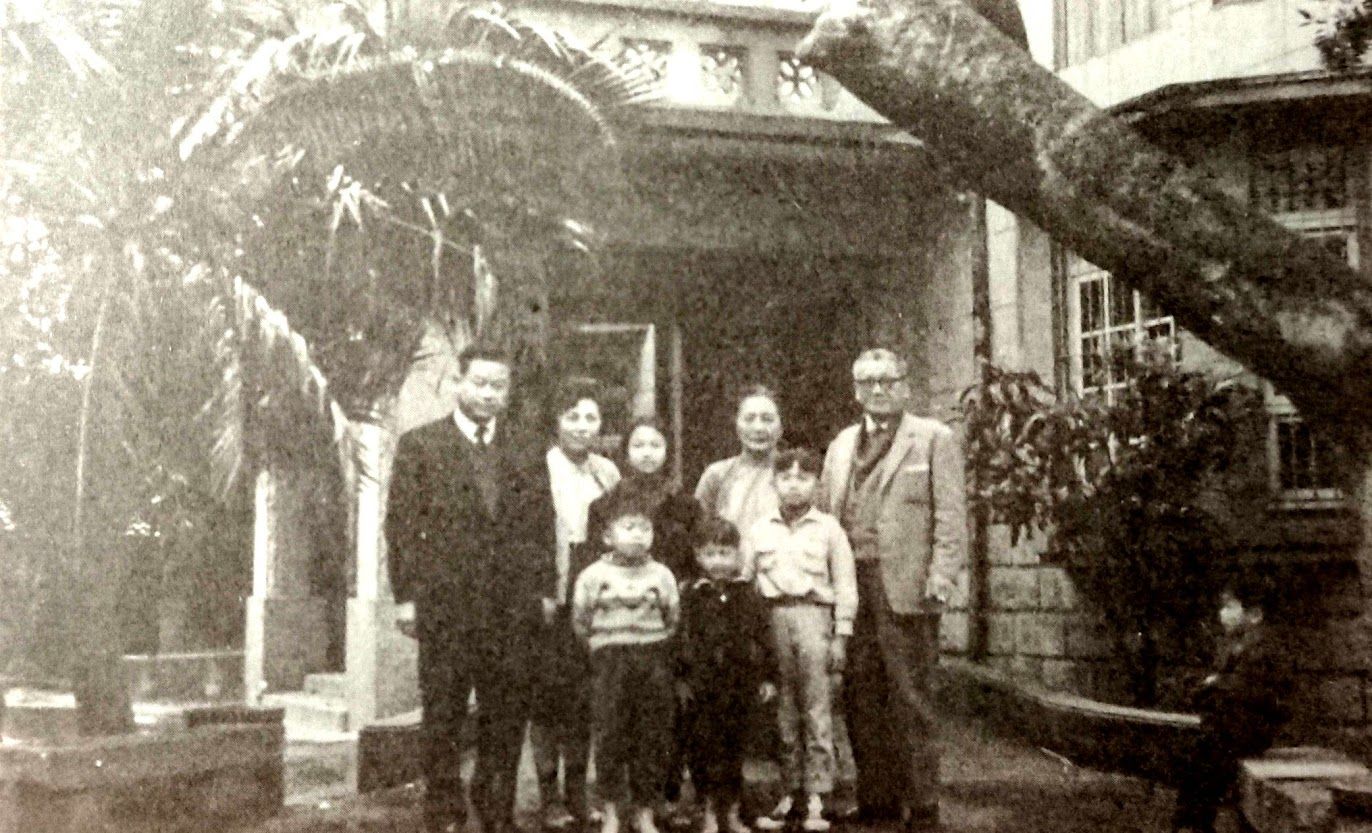
In addition, Liao Yunpan has another point that I admire: self-learning ability.
It was mentioned above that he studied Western literature for love. In the book, he also showed many times his domineering domineering in learning. Whether it is the tea industry, afforestation, or making dried mushrooms, they all rely on hard study of relevant books to absorb knowledge and inspire ideas. After Yongguang went bankrupt, he also relied on self-study, studied and developed chemicals for cleaning boilers, independently operated a chemical company, and supported a family. It is really a model of applying what he has learned.
What is even more powerful is that he not only dabble in reference books, but also has a lot of research on literature and history and even Japanese gossip. The book mentions that in order to make a living, he also translated "History of the Great East Asian War", translating millions of Japanese languages into Chinese. This kind of knowledge and knowledge makes me very fascinated!
【Real barley】
Finally, let's talk about Zhang Yixin, the protagonist of "Tea Gold". In the play, although she is expensive, she is very handsome in carrying her father's tea business.
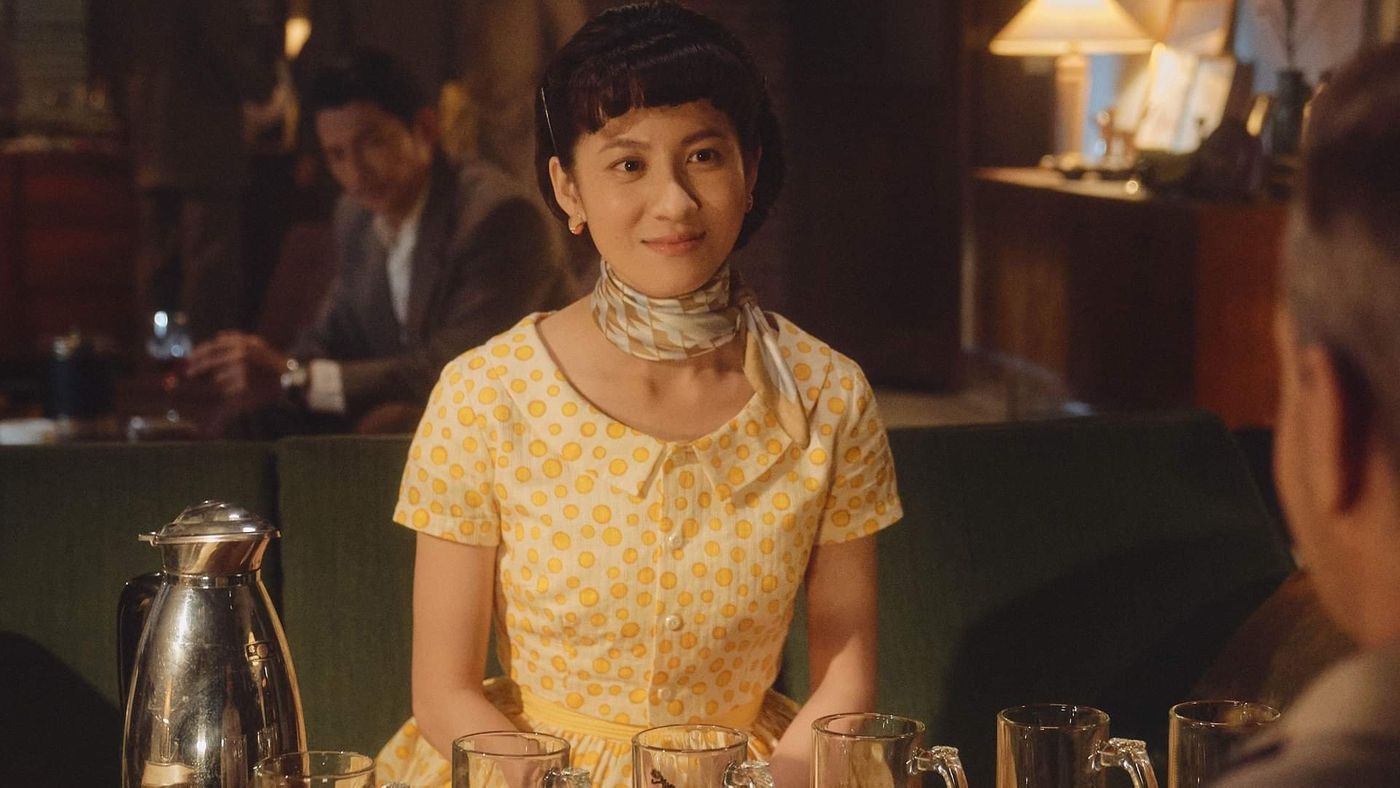
And the prototype of barley, Jiang Lizhi, is indeed the daughter of the tea tiger in reality. However, she had faint contact with Liao Yunpan when she was in high school, and they naturally came together after that.
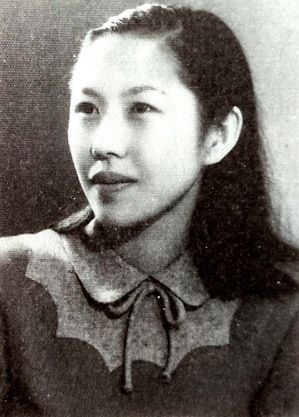
In fact, after her marriage, she did not ask about her husband's career, and did not lead the tea forward as in the drama. Seeing this, I wonder if you will feel a little lost as I did when I first read this book, and feel that the resolute barley in the play does not actually exist.
However, after I read the whole book, I feel that Lizhi's perseverance actually has its roots.
Liao Yunpan said that Jiang Lizhi was happy to know her destiny, but she was by no means idle. Although they don't talk about official business, they are still concerned about the progress of their father's career.
Perhaps because of Jiang Axin's keen sense of smell, when Yongguang was struggling, Lizhi suddenly decided to attend a beautician training class in Taipei and became the first professional beautician in Beipu. In addition, the first gas store in Beipu was opened at the entrance of Hengwu, selling barreled gas. After the Jiang family went bankrupt and moved northward, Lizhi relied on superb car embroidery skills to start the business of embroidering student numbers, bringing nourishment to the financially distressed family. Face the crisis with practical actions.
The third daughter, Liao Huiqing, told a little story in the postscript that impressed me deeply. In order to subsidize her family, Jiang Lizhi was introduced by her relatives to teach Japanese in a textile factory. Unexpectedly, she had a hard time teaching because she was not familiar with grammar, and in the end all the students ran away.
But she didn't give up. After thinking about it, she actually bought a desk and put it in the living room, and studied Japanese teaching methods every day. Later, he was also admitted to the Japanese teacher of Yonghan Japanese , which is said to be the first Taiwanese teacher at that time. Seeing this, I suddenly felt that Jiang Lizhi and Liao Yunpan were indeed husband and wife.
【postscript】
I haven't read an autobiographical book like this in a long time. When I finished chasing the drama, I saw this article when I was wandering on FB, and I had the idea of peeping it.
In fact, these contents are only passed down within the family. The original title of the book is "Write Whatever Comes to Your Mind". There are a total of nine books and more than one million words. It was at the suggestion of Tang Shengrong, the producer of "Tea Gold", that Liao Yunpan's third daughter, Liao Huiqing, rewrote the manuscript to become this "Tea Gold Years".
Liao Yunpan's writing is excellent, each character is very vivid in his writing, and it is quite enjoyable to read. I like Jiang Axin's sharpness, boldness, straightforwardness and kindness; I admire Liao Yunpan's diligence and pragmatism without losing flexibility; I also admire Jiang Lizhi's perseverance and courage to face problems.
Off topic, you might ask, what about KK, Shanmei and Xia Muxue? KK and Shanmei are actually fictional characters. As for Xia Muxue, it is said that Gu Zhengqiu is the prototype, and the general in the play is Jiang Jingguo. But even if this is the case, the scope of adaptation is actually quite large, and I think it should be regarded as a re-constructed role by the screenwriter.
By the way, "Tea Gold" finally sold the western-style building due to bankruptcy. In fact, the Jiang family had the power to join the family and bought it back, which is quite inspirational. Perhaps such a will to persevere and persevere is really in the blood of this family!
https://www.youtube.com/watch?v=S7sfwGhp-jI
In short, if you like "Tea Gold", then I highly recommend reading this "Tea Gold Years" to complement the reverie of that era. Of course, it doesn't matter if you don't follow it. The drama can be said to be based on the content of the book, re-melting a new look, and you don't have to worry about the problem of spoilers when reading this book.
I think everyone's life is like a book. And Liao Yunpan's story is like tea, which is worth sipping carefully to taste the taste of life.
Articles you may also be interested in:
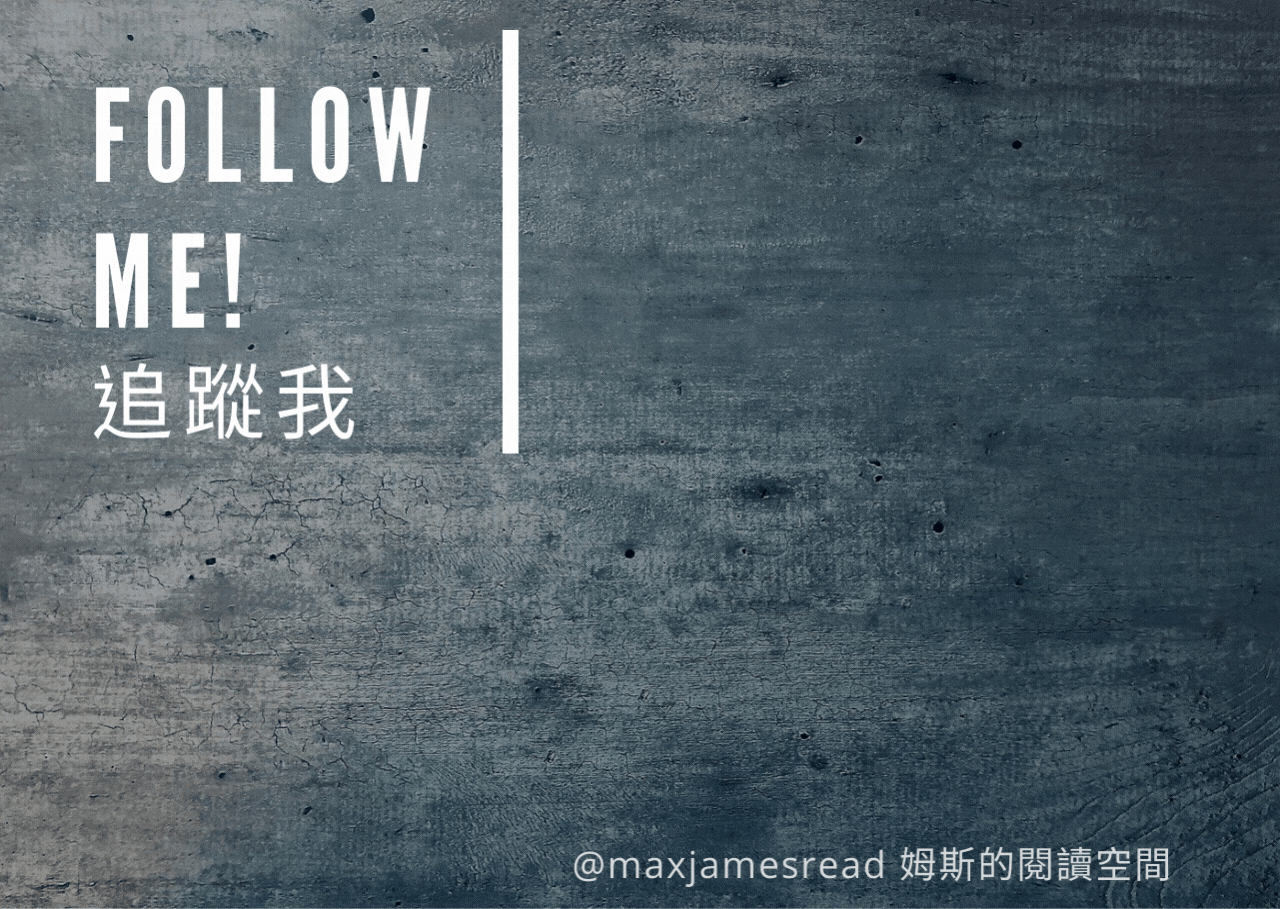
↓↓You are also welcome to follow the Facebook and mourning of "Mrs's Reading Space"↓↓
James' reading space FB
James' reading space IG
Like my work? Don't forget to support and clap, let me know that you are with me on the road of creation. Keep this enthusiasm together!


- Author
- More